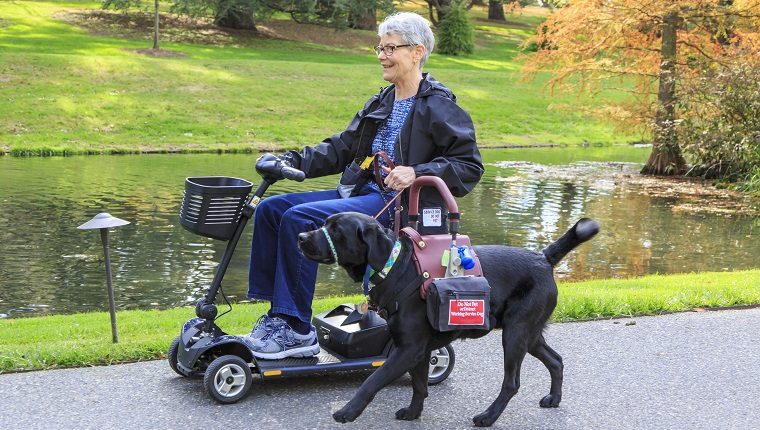Anyone who’s had experience with service dogs knows just how valuable they are. They can help with mobility, medical alerts, and emotional needs. However, there are also other ways that service dogs can give more to the individuals they serve — assisting beyond their usual roles.
A new study shows that service dogs may help in terms of…









